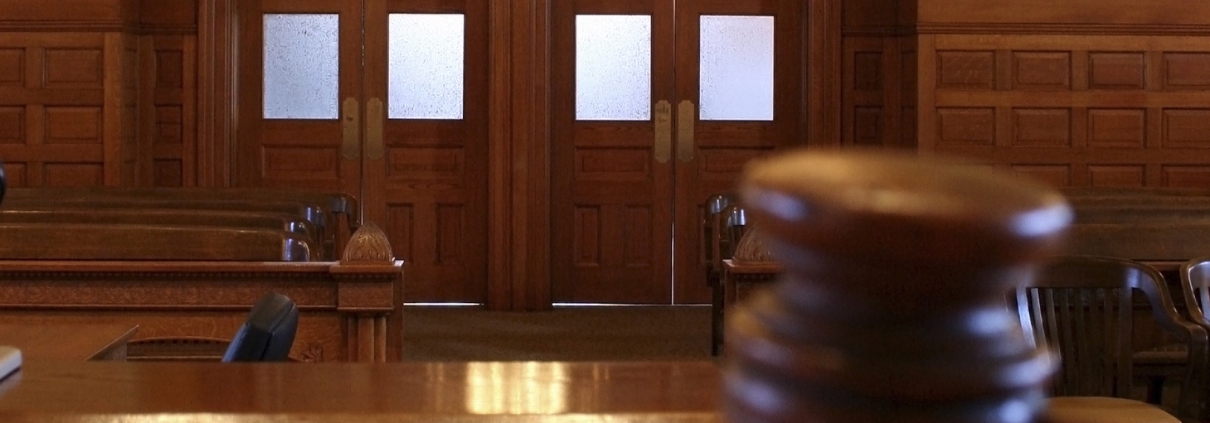COURT OF APPEAL CONFIRMS BAR TO PARALLEL PROCEEDINGS RE PROTECTED DISCLOSURES
The Protected Disclosures Act 2014 creates a right to recover damages, where detriment exists because of the making of a Protected Disclosure.
Section 12 of the 2014 Act prohibits penalisation, or threatened penalisation, of an Employee for having made a Protected Disclosure.
In the event that an Employee is dismissed, by reason of penalisation, an Employee has a right of recourse, to the Workplace Relations Commission Under Section 6(2) (b)(a) of the Unfair Dismissals Acts.
Section 13 of the 2014 Act, provides in Subsection (2) that a person may not pursue a right of action, and also make a claim for redress under the Unfair Dismissals Acts.
In the case of Pascal Hosford -v- The Minister for Employment Affairs and Social Protection, Ms. Justice Hyland delivered Judgment in relation to the matter on the 4th of December 2024, on behalf of the Court of Appeal.
Mr. Hosford made a complaint to the Workplace Relations Commission in relation to emails sent to him by his Employer in 2019, and in relation to his resignation on the 1st of November 2019. He argued that the emails constituted penalisation arising from a Protected Disclosure, which he had previously made, and that his resignation constituted a Constructive Dismissal, arising directly from his Protected Disclosure.
In August 2020, Mr. Hosford lodged his complaint with the WRC. The WRC held that his complaint was out of time, in accordance with the provisions of the Unfair Dismissals Acts. Mr. Hosford did not appeal the decision of the WRC to the Labour Court.
11 months after the WRC decision, Mr. Hosford issued High Court Proceedings, suing the Minister in Tort for detriment caused to him as a result of the Protected Disclosure.
The Court of Appeal held that the provisions of Section 13 of the 24 Act, provide that such a claim in Tort, may not be brought in circumstances where the subject matter
has already been presented before the WRC.
The Court of Appeal held that an Employee in such circumstances, may pursue a Penalisation Claim, and / or an Unfair Dismissal Claim, before the Workplace Relations
Commission under Section 12 of the 2014 Act.
The alternative path is to pursue cause of action in Tort in the Courts as created by Section 13 of the 2014 Act.
However, the Court of Appeal held that an Employee cannot avail of both avenues of redress. The Court of Appeal held that the decision of the legislature was quite clear,
in that an Employee must opt for one or the other.
Mr. Hosford made an argument in relation to the fact that the WRC had not entered into the merits of his complaint, on the basis that the WRC dismissed his complaint on
the basis of it being time barred. However, the Court of Appeal indicated that this was not necessary, as Mr. Hosford has elected to pursue redress before the WRC, and
therefore, had made his election, in relation to the venue for redress.
This, therefore, operated as a bar to him pursuing a claim with respect to the same circumstances, before the Courts.
It was noted that the time limitations for complaints to the WRC are substantially narrower than those in the Courts, in that the normal time period for a complaint to
the WRC is a period of 6 months, and possibly upon extension, a maximum period of 12 months, whereas the issuing of a claim in the Courts seeking damages, under Tort
Law, provides for a limitation period of 6 years.
The Court of Appeal Judgment provides very helpful clarification in relation to the requirement on the part of an Employee to make a clear election, and in making the
election, the Employee, must consider the relevant time periods within which to bring a complaint to the WRC, or to issue proceedings in the Civil Courts.
However, there is no rowing back from the election once that election is made.

PAT MULLINS
pm@ofx.ie
58 South Mall Cork Ireland
t: +353 21 4277788

